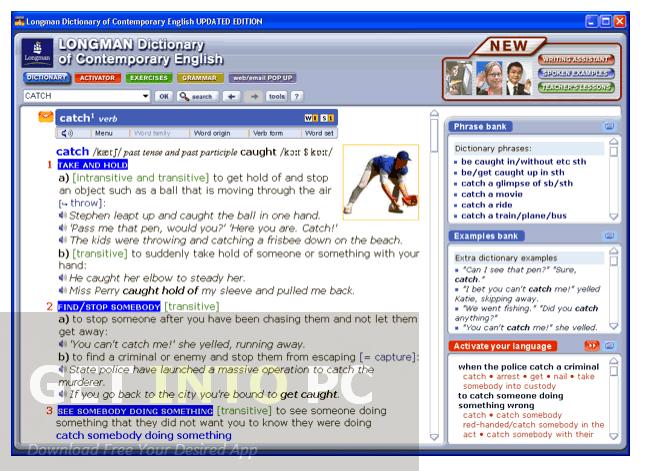

Al-Zamakhshari wrote a small Arabic dictionary called "Muḳaddimetü’l-edeb" for the Turkic-Khwarazm ruler Atsiz. His work contains about 7500 to 8000 words and it was written to teach non Turkic Muslims, especially the Abbasid Arabs, the Turkic language. In the 12th century, The Karakhanid - Turkic scholar Mahmud Kashgari finished his work "Divan-u Lügat'it Türk", a dictionary about the Turkic dialects, but especially Karakhanid Turkic. A 9th-century CE Irish dictionary, Sanas Cormaic, contained etymologies and explanations of over 1,400 Irish words. In Frahang-i Pahlavig, Aramaic heterograms are listed together with their translation in the Middle Persian language and phonetic transcription in the Pazend alphabet. 835 CE Tenrei Banshō Meigi, was also a glossary of written Chinese. The oldest existing Japanese dictionary, the c. According to the Nihon Shoki, the first Japanese dictionary was the long-lost 682 CE Niina glossary of Chinese characters.

Written in verse, it listed around 10,000 words.

The first Sanskrit dictionary, the Amarakośa, was written by Amarasimha c. 1st century CE) wrote the oldest surviving Homeric lexicon. 4th century BCE) wrote a pioneering vocabulary Disorderly Words (Ἄτακτοι γλῶσσαι, Átaktoi glôssai) which explained the meanings of rare Homeric and other literary words, words from local dialects, and technical terms. 800 BCE Shizhoupian as a "dictionary", modern scholarship considers it a calligraphic compendium of Chinese characters from Zhou dynasty bronzes. 3rd century BCE Erya, is the earliest surviving monolingual dictionary although some sources cite the c. The early 2nd millennium BCE Urra=hubullu glossary is the canonical Babylonian version of such bilingual Sumerian wordlists. The oldest known dictionaries were cuneiform tablets with bilingual Sumerian– Akkadian wordlists, discovered in Ebla (modern Syria) and dated to roughly 2300 BCE, the time of the Akkadian Empire. 2.5 Dictionaries for natural language processing.The birth of the new discipline was not without controversy, the practical dictionary-makers being sometimes accused by others of "astonishing" lack of method and critical-self reflection. Īlthough the first recorded dictionaries date back to Sumerian times (these were bilingual dictionaries), the systematic study of dictionaries as objects of scientific interest themselves is a 20th-century enterprise, called lexicography, and largely initiated by Ladislav Zgusta. "informal" or "vulgar") in many modern dictionaries are also considered by some to be less than objectively descriptive. There is also a contrast between prescriptive or descriptive dictionaries the former reflect what is seen as correct use of the language while the latter reflect recorded actual use. The word dictionary (unqualified) is usually understood to refer to a general purpose monolingual dictionary. There are other types of dictionaries that do not fit neatly into the above distinction, for instance bilingual (translation) dictionaries, dictionaries of synonyms ( thesauri), and rhyming dictionaries. In practice, the two approaches are used for both types. In theory, general dictionaries are supposed to be semasiological, mapping word to definition, while specialized dictionaries are supposed to be onomasiological, first identifying concepts and then establishing the terms used to designate them. Lexical items that describe concepts in specific fields are usually called terms instead of words, although there is no consensus whether lexicology and terminology are two different fields of study. Specialized dictionaries include words in specialist fields, rather than a complete range of words in the language. Ī broad distinction is made between general and specialized dictionaries. It is a lexicographical reference that shows inter-relationships among the data. A dictionary is a listing of lexemes from the lexicon of one or more specific languages, often arranged alphabetically (or by radical and stroke for ideographic languages), which may include information on definitions, usage, etymologies, pronunciations, translation, etc.


 0 kommentar(er)
0 kommentar(er)
